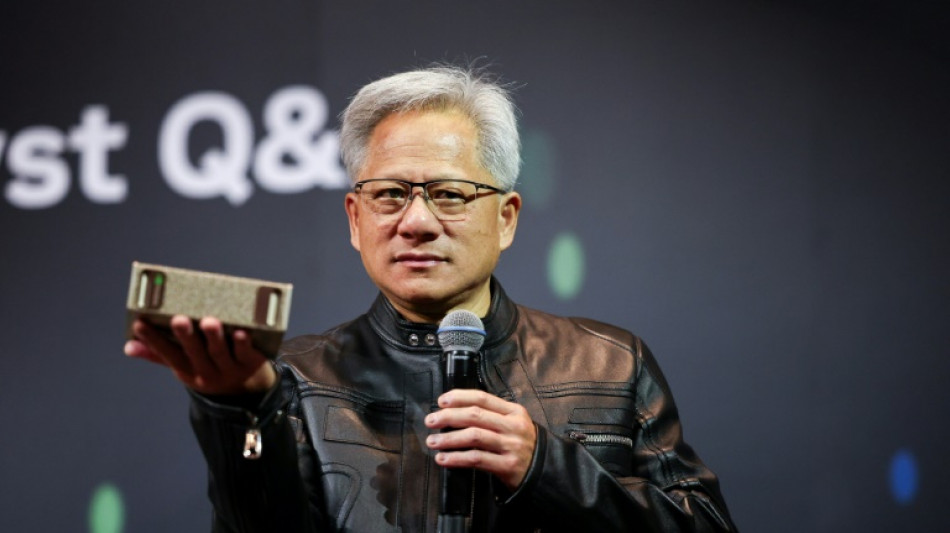
-
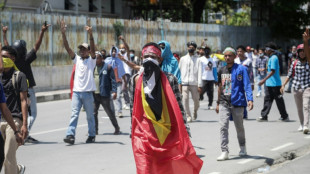 E. Timor police clash with protesters over plan to buy vehicles for MPs
E. Timor police clash with protesters over plan to buy vehicles for MPs
-
Israel launches ground assault on Gaza City

-
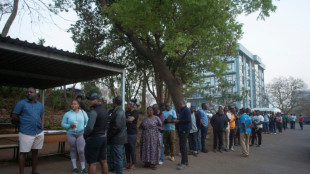 Malawi votes in battle of two presidents as economic crisis bites
Malawi votes in battle of two presidents as economic crisis bites
-
2025 summer was Spain's warmest on record: weather agency
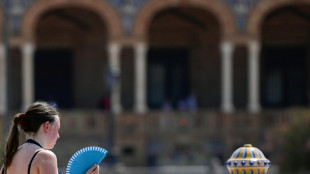
-
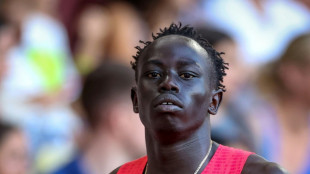 Gout of this world? Australian teen sprinter set for first real test
Gout of this world? Australian teen sprinter set for first real test
-
Smoke-dried bodies could be world's 'oldest mummies': study

-
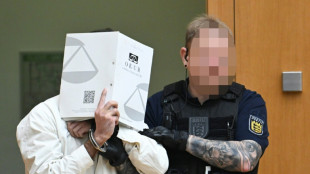 Afghan gets life in prison for jihadist knife murder in Germany
Afghan gets life in prison for jihadist knife murder in Germany
-
Trump bringing $15 bn lawsuit against New York Times
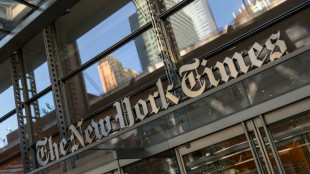
-
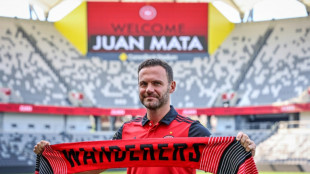 Juan Mata moves to Melbourne from Australian rivals
Juan Mata moves to Melbourne from Australian rivals
-
UN investigators say Israel committing 'genocide' in Gaza

-
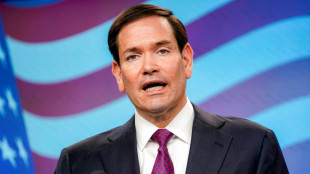 Rubio asks Qatar to stay as mediator after Israel strike
Rubio asks Qatar to stay as mediator after Israel strike
-
Drug cheats put India Olympic bid and careers at risk
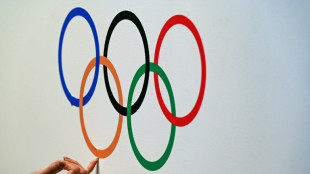
-
 East Timor police fire tear gas on second day of car purchase protests
East Timor police fire tear gas on second day of car purchase protests
-
Austria hit with fresh spy claims after govt promises law change
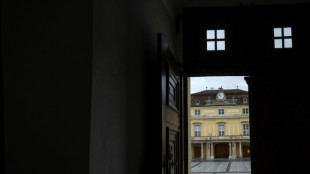
-
 Floods devastate India's breadbasket of Punjab
Floods devastate India's breadbasket of Punjab
-
In mega-city Lagos, 20 million count on just 100 ambulances
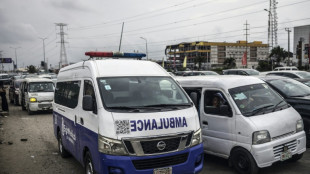
-
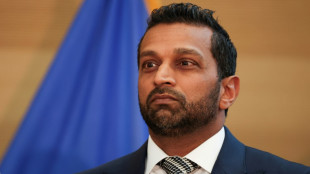 FBI chief Kash Patel faces Senate panel
FBI chief Kash Patel faces Senate panel
-
Trump says bringing $15 bn lawsuit against New York Times
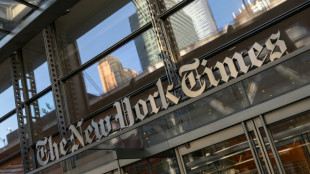
-
 Israel sets Gaza 'on fire' as Rubio warns days left for deal
Israel sets Gaza 'on fire' as Rubio warns days left for deal
-
Phillies clinch first MLB division by beating Dodgers
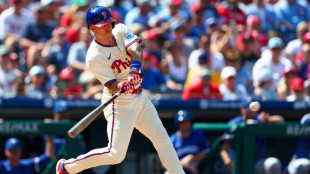
-
 'Nothing here': Lack of jobs forces young Nepalis abroad
'Nothing here': Lack of jobs forces young Nepalis abroad
-
Rubio asks Qatar to stay as mediator after Israeli strike
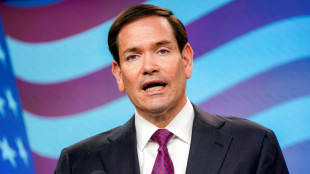
-
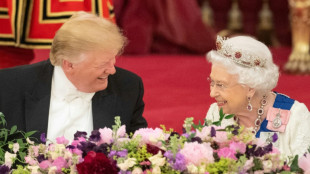 Trump set for unprecedented second UK state visit
Trump set for unprecedented second UK state visit
-
Lower US tariffs on Japan autos kick in
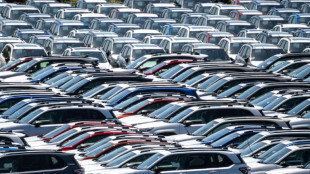
-
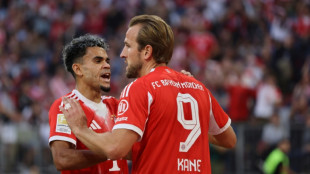 Revamped Bayern face early test as Chelsea come to town
Revamped Bayern face early test as Chelsea come to town
-
Papua New Guinea, Australia to vow mutual defence in new treaty
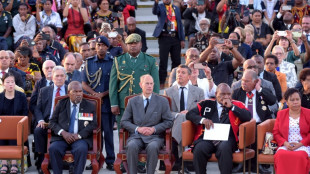
-
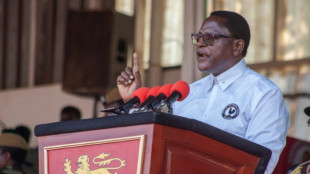 Malawi election a battle of two presidents
Malawi election a battle of two presidents
-
Asian markets rise as traders prepare for expected US rate cut
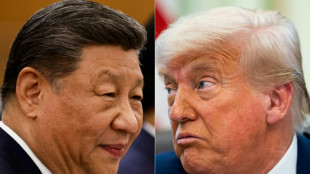
-
 Malawi votes in a rematch between two presidents as economic crisis bites
Malawi votes in a rematch between two presidents as economic crisis bites
-
Australia says social media ban will not age test all users
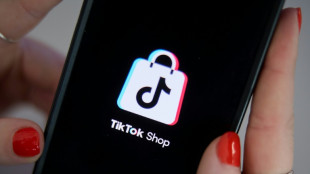
-
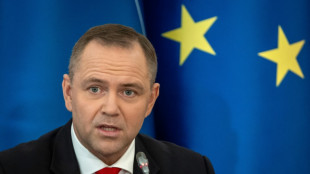 Poland's Nawrocki talks drone defence in Paris and Berlin
Poland's Nawrocki talks drone defence in Paris and Berlin
-
Trump's fossil fuel agenda challenged in youth climate suit
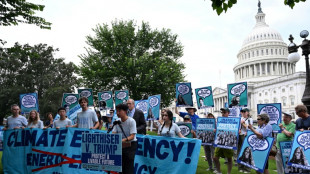
-
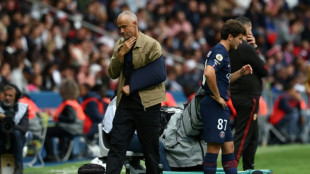 PSG fear impact of injuries as they put Champions League title on the line
PSG fear impact of injuries as they put Champions League title on the line
-
Papua New Guinea, Australia will commit to mutual defence
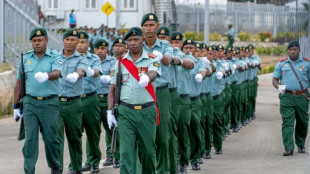
-
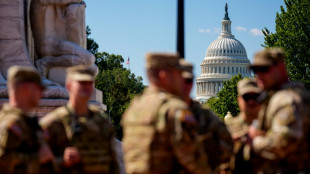 Trash, mulch and security: All jobs for troops in Washington
Trash, mulch and security: All jobs for troops in Washington
-
NFL legend Brady to play in March flag football event at Riyadh
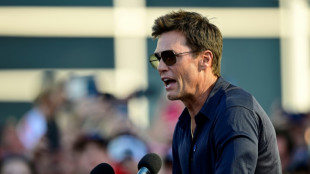
-
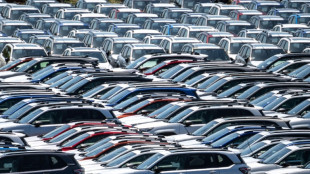 Lower US tariffs on Japan autos to take effect Tuesday
Lower US tariffs on Japan autos to take effect Tuesday
-
US strikes second alleged Venezuelan drug boat as tensions mount
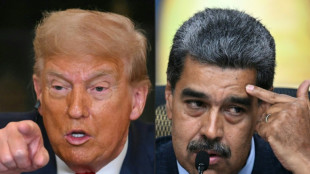
-
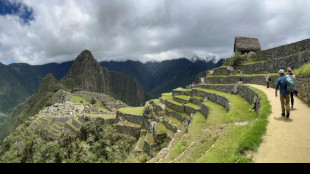 Protesting Peru residents block trains to Machu Picchu
Protesting Peru residents block trains to Machu Picchu
-
US strikes another alleged Venezuelan drug boat as tensions rise
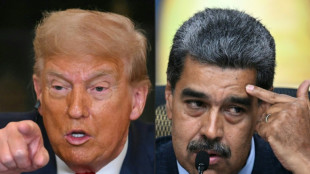
-
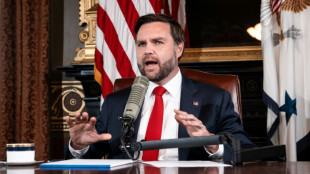 White House vows to take on left-wing 'terror' movement after Kirk killing
White House vows to take on left-wing 'terror' movement after Kirk killing
-
Brazil's Amazon lost area the size of Spain in 40 years: study
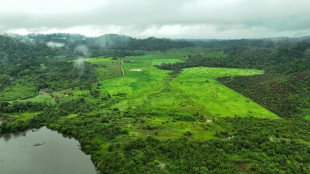
-
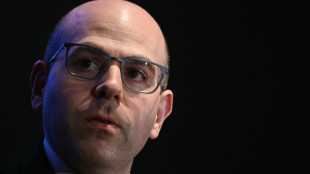 US Senate poised to advance Trump aide's appointment at Fed
US Senate poised to advance Trump aide's appointment at Fed
-
Sri Lanka survive Hong Kong scare for four wicket Asia Cup win
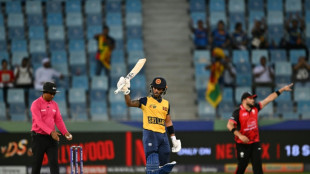
-
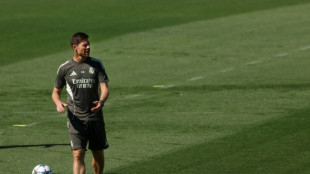 Mbappe 'not anxious' over Champions League goal as Bellingham returns
Mbappe 'not anxious' over Champions League goal as Bellingham returns
-
Huge pot of Nigerian jollof rice sets Guinness record

-
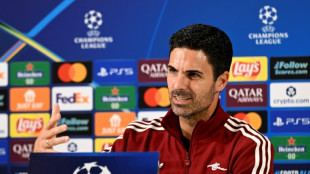 Heartbreak will help Arsenal's Champions League charge: Arteta
Heartbreak will help Arsenal's Champions League charge: Arteta
-
Europe stumped by Trump demands over Russia sanctions
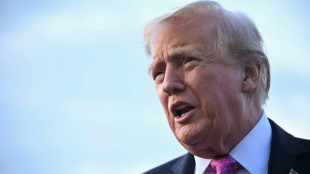
-
 Cycling fears spread of race-halting protests after Vuelta chaos
Cycling fears spread of race-halting protests after Vuelta chaos
-
'With our fists if necessary': Venezuelans prepare to defend homeland against potential US invasion
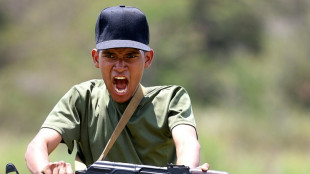

Jensen Huang, AI visionary in a leather jacket
Unknown to the general public just three years ago, Jensen Huang is now one of the most powerful entrepreneurs in the world as head of chip giant Nvidia.
The unassuming 62-year-old draws stadium crowds of more than 10,000 people as his company's products push the boundaries of artificial intelligence.
Chips designed by Nvidia, known as graphics cards or GPUs (Graphics Processing Units), are essential in developing the generative artificial intelligence powering technology like ChatGPT.
Big tech's insatiable appetite for Nvidia's GPUs, which sell for tens of thousands of dollars each, has catapulted the California chipmaker beyond $4 trillion in market valuation, the first company ever to surpass that mark.
Nvidia's meteoric rise has boosted Huang's personal fortune to $150 billion -- making him one of the world's richest people -- thanks to the roughly 3.5 percent stake he holds in the company he founded three decades ago with two friends in a Silicon Valley diner.
In a clear demonstration of his clout, he recently convinced President Donald Trump to lift restrictions on certain GPU exports to China, despite the fact that China is locked in a battle with the United States for AI supremacy.
"That was brilliantly done," said Jeffrey Sonnenfeld, a governance professor at Yale University.
Huang was able to explain to Trump that "having the world using a US tech platform as the core protocol is definitely in the interest of this country" and won't help the Chinese military, Sonnenfeld said.
- Early life -
Born in Taipei in 1963, Jensen Huang (originally named Jen-Hsun) embodies the American success story. At nine years old, he was sent away with his brother to boarding school in small-town Kentucky.
His uncle recommended the school to his Taiwanese parents believing it to be a prestigious institution, when it was actually a school for troubled youth.
Too young to be a student, Huang boarded there but attended a nearby public school alongside the children of tobacco farmers. With his poor English, he was bullied and forced to clean toilets -- a two-year ordeal that transformed him.
"We worked really hard, we studied really hard, and the kids were really tough," he recounted in an interview with US broadcaster NPR.
But "the ending of the story is I loved the time I was there," Huang said.
- Leather jacket and tattoo -
Brought home by his parents, who had by then settled in the northwestern US state of Oregon, he graduated from university at just 20 and joined AMD, then LSI Logic, to design chips -- his passion.
But he wanted to go further and founded Nvidia in 1993 to "solve problems that normal computers can't," using semiconductors powerful enough to handle 3D graphics, as he explained on the "No Priors" podcast.
Nvidia created the first GPU in 1999, riding the intersection of video games, data centers, cloud computing, and now, generative AI.
Always dressed in a black T-shirt and leather jacket, Huang sports a Nvidia logo tattoo and has a taste for sports cars.
But it's his relentless optimism, low-key personality and lack of political alignment that sets him apart from the likes of Elon Musk and Mark Zuckerberg.
Unlike them, Huang was notably absent from Trump's inauguration ceremony.
"He backpedals his own aura and has the star be the technology rather than himself," observed Sonnenfeld, who believes Huang may be "the most respected of all today's tech titans."
One former high-ranking Nvidia employee described him to AFP as "the most driven person" he'd ever met.
- Street food -
On visits to his native Taiwan, Huang is treated like a megastar, with fans crowding him for autographs and selfies as journalists follow him to the barber shop and his favorite night market.
"He has created the phenomena because of his personal charm," noted Wayne Lin of Witology Market Trend Research Institute.
"A person like him must be very busy and his schedule should be full every day meeting big bosses. But he remembers to eat street food when he comes to Taiwan," he said, calling Huang "unusually friendly."
Nvidia is a tight ship and takes great care to project a drama-free image of Huang.
But the former high-ranking employee painted a more nuanced picture, describing a "very paradoxical" individual who is fiercely protective of his employees but also capable, within Nvidia's executive circle, of "ripping people to shreds" over major mistakes or poor choices.
R.Fischer--VB
